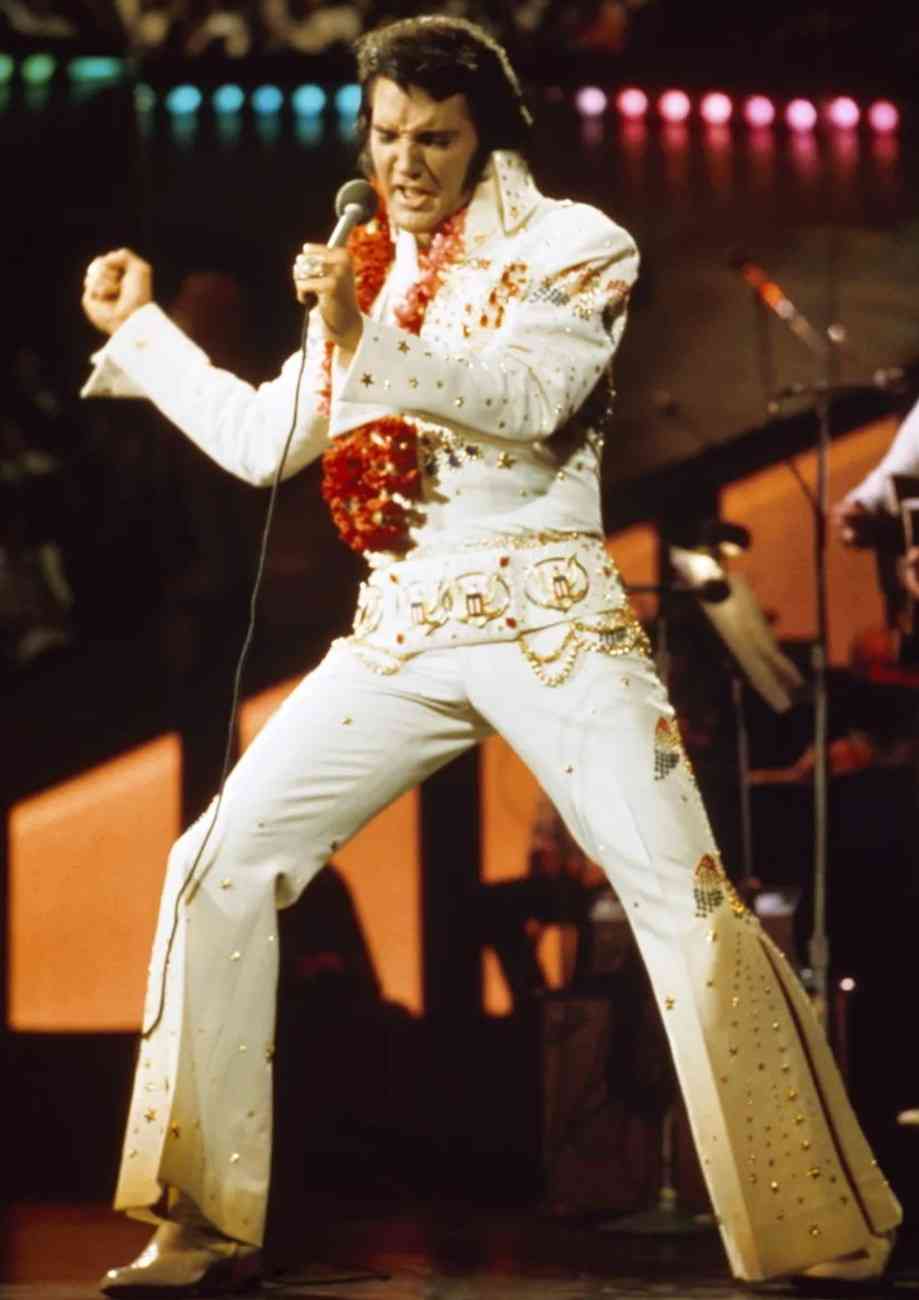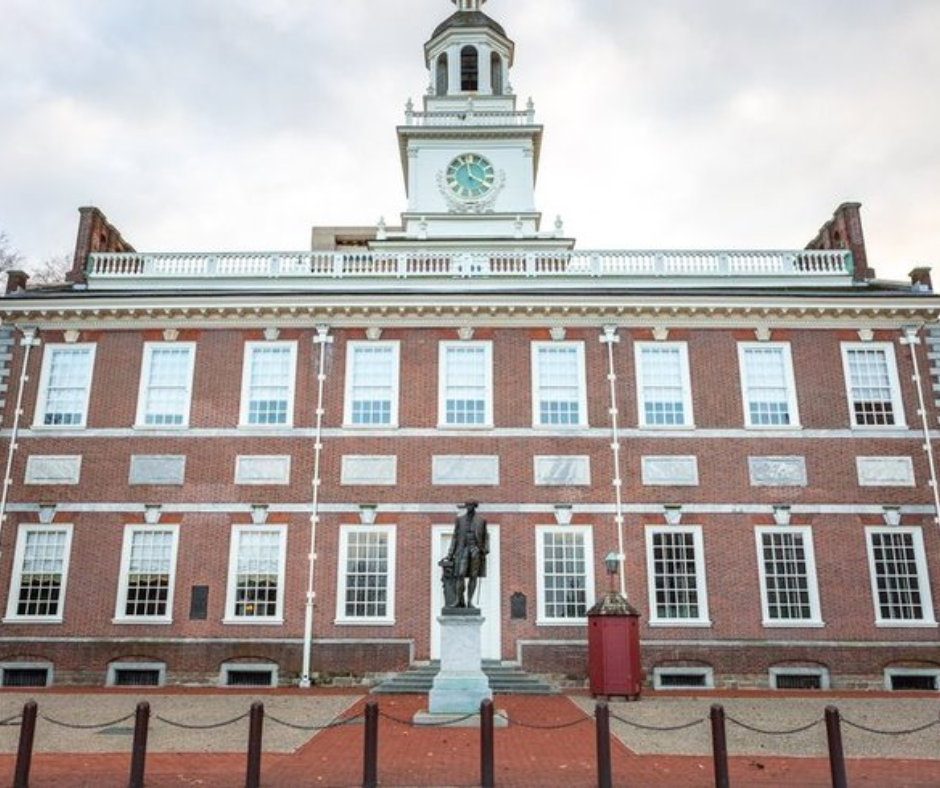
Elvis Presley, the crowned monarch of rock and roll, remains a dazzling name wrapped in rhythm, rebellion, and ruin. His voice stirred millions, his moves shocked a generation, and his fame grew louder than his flaws. From gospel roots to glittering stages, Presley redefined American pop culture while stirring fierce praise and pointed criticism. Loved, blamed, and endlessly watched, his legacy dances between genius and controversy. Behind the sparkle stood a man battling inner storms—Elvis Presley, both a musical miracle and a mystery carved in rhinestones.
Born in a Shack, Raised to Shake the World
Elvis Aaron Presley entered the world in 1935 in a two-room shack in Tupelo, Mississippi—born a twin, but his brother, Jesse Garon Presley, was stillborn. This quiet tragedy hung over his life like a spectral shadow. Biographers argue that Jesse’s absence haunted Elvis deeply, fueling his need for attention, love, and spiritual connection. Many close friends have claimed he spoke to his twin throughout his life.
“Elvis had a twin soul, but only one body,” said long-time friend and spiritual adviser Larry Geller.
Raised in poverty, the boy who would become King grew up in a Black neighborhood, immersed in gospel, blues, and country. He absorbed musical influences like a sponge—then radiated them in a way that stunned the nation.

The Pelvis That Provoked a Nation
When Elvis exploded onto the national stage in the 1950s, America wasn’t ready. He was white, but his voice echoed Black gospel choirs and Delta blues. He didn’t just sing—he moved. He shook. His hips didn’t lie, and neither did the public outcry.
The nickname “Elvis the Pelvis” wasn’t just a pop-culture phrase—it was a veiled warning to America’s middle class. The Catholic Church condemned him. Southern politicians called for censorship. He was banned from being filmed below the waist on national television. FBI memos from 1956 to 1959 recorded complaints about Presley’s allegedly “corrupting” influence on American youth.
“Elvis Presley is a definite danger to the security of the United States,” read one anonymous letter to J. Edgar Hoover.
Presley laughed it off. But the media’s obsession became toxic.
Did He Steal Black Music? Or Celebrate It?
This is where the line of praise blurs into a storm of criticism. Elvis is often accused of cultural appropriation—of “stealing” Black music and making it palatable for white America. Songs like “Hound Dog” and “That’s All Right” were originally performed by Black artists like Big Mama Thornton and Arthur “Big Boy” Crudup.
“He was a good singer, but he copied my record,” Thornton said in an interview.
“He got more money than me. He got the fame.”
But others saw him as a bridge rather than a thief.
“Elvis was the only white man who had the right to sing the blues,” said B.B. King.
“He showed love and respect to Black artists. That’s more than most.”
Still, the debate remains unresolved: Was Elvis a cultural conduit—or a commercial colonizer?

Military Duty or Image Makeover?
In 1958, at the height of his fame, Elvis was drafted into the U.S. Army. While some fans saw this as patriotic nobility, others—especially critics—viewed it as a PR cleansing. Elvis’ “dangerous” image had begun to scare advertisers and middle-class America. The draft offered a reset.
But here’s where the unconventional story surfaces: While stationed in Germany, Elvis was introduced to amphetamines and barbiturates—not by the Army, but by his inner circle and military peers. It was the beginning of a lifelong dependency.
He also met 14-year-old Priscilla Beaulieu, whom he would later marry—another topic that still sparks debate.
“He was fascinated by young girls,” said biographer Alanna Nash.
“He liked innocence, but wanted control.”
Hollywood and Hollow Glory
Between 1956 and 1969, Elvis made 31 movies. Most were forgettable beach flicks or romantic musicals. Though they raked in money, they gradually chipped away at his credibility as a serious musician.
By the mid-60s, critics saw Elvis as a washed-up puppet of his own success. Even Elvis grew to despise the films.
“It was like being in jail for 10 years,” Presley once told his friend Red West.
“I felt like a goddamn clown.”
The Vegas Years: Rhinestones, Addiction, and Spiritual Paranoia
When Elvis returned to live performance in 1969, he donned sequined jumpsuits and rebranded himself as a Vegas showman. Though iconic, the Vegas years were marked by internal collapse.
His diet included Fool’s Gold Loaf—a sandwich filled with peanut butter, bacon, and banana fried in butter. He was addicted to pills—Dexedrine to stay up, Placidyl to fall asleep, Demerol to numb the pain.
Elvis became increasingly paranoid. He carried guns everywhere—even to the bathroom. He shot out TVs when he didn’t like what he saw. Once, he fired a bullet into a dressing room mirror because his reflection “looked tired.”
He read spiritual texts obsessively—Autobiography of a Yogi, The Prophet, The Secret Doctrine—believing he was a “chosen one” guided by cosmic forces.
“He thought he was a messiah figure,” said Larry Geller.
“He believed he was here to save the world through music.”
In 1970, Elvis met President Richard Nixon at the White House, wearing a purple velvet suit and gifting Nixon a Colt .45 pistol. He asked to be made a “Federal Agent at Large” in the war against drugs—while being a heavily medicated addict himself. Irony knew no bounds.

The Tragic Fall and Death in Decay
By 1977, Elvis was a bloated ghost of his former self. Once the symbol of youth and danger, he had become an overmedicated, reclusive, paranoid insomniac, often bedridden and confused.
He died on August 16, 1977, in the bathroom of Graceland, aged 42. The official cause: cardiac arrhythmia. But toxicology reports revealed high levels of codeine, methaqualone, morphine, and more.
Controversy exploded.
“Elvis didn’t die from one pill. He died from decades of unchecked stardom,” said Dr. Forest Tennant.
Elvis Sightings and Death Conspiracies
Some fans refuse to believe Elvis died. Since 1977, there have been hundreds of alleged sightings—from Kalamazoo to Las Vegas. Conspiracy theories abound: that he faked his death to escape fame, that he joined the witness protection program, that he lives under an alias in Argentina.
Though absurd, these tales speak volumes about his mythic grip on the American psyche.
The Legacy: Genius, Joker, or Just a Man?
Elvis remains a polarizing symbol. He shaped modern music, yet borrowed liberally from Black culture. He inspired millions but struggled privately. He reached spiritual heights but died with a toilet book in hand.
Yet despite his contradictions, his impact is undeniable.
“He was the last real icon before image overtook talent,” wrote critic Greil Marcus.
“His rise was Biblical. His fall was Shakespearean.”
In today’s culture of curated influencers and algorithmic stars, Elvis remains something almost alien: raw, explosive, fallible, and unforgettable.
Final Note: The King is Dead. Long Live the Question.
Elvis Presley’s story is one of brilliance and breakdown, adoration and alienation. He was both an angel in rhinestones and a prisoner in Graceland. Perhaps that’s why he still fascinates us—not because he was perfect, but because he wasn’t.
He was America’s first true rock god—and maybe its last true mystery.
Elvis Presley was not merely a singer; he was a spectacle etched into the heart of modern music. His legacy, built on brilliance and burden, continues to echo through time—both celebrated and questioned. Between applause and addiction, triumph and tragedy, Presley stood as a mirror to fame’s finest glow and darkest cost. Though the crown weighed heavy, the King left behind a reign that refuses to fade. In rhythm and in ruin, Elvis Presley remains an undying figure—forever suspended between light and shadow.
Appreciating your time:
We appreciate you taking the time to read our most recent article! We appreciate your opinions and would be delighted to hear them. We value your opinions as we work hard to make improvements and deliver material that you find interesting.
Post a Comment:
In the space provided for comments below, please share your ideas, opinions, and suggestions. We can better understand your interests thanks to your input, which also guarantees that the material we offer will appeal to you. Get in Direct Contact with Us: Please use our “Contact Us” form if you would like to speak with us or if you have any special questions. We are open to questions, collaborations, and, of course, criticism. To fill out our contact form, click this link.
Stay Connected:
Don’t miss out on future updates and articles.








